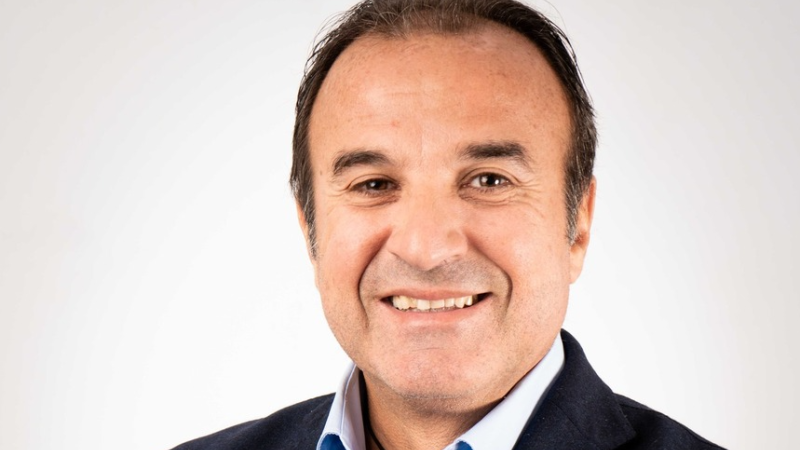Kingston Technology, a global leader in memory and data security products, has called on Gulf governments to prioritise hardware-level encryption to safeguard national infrastructure, as cyberattacks in the region escalate at an alarming rate.
According to recent cybersecurity reports from the UAE and Saudi Arabia, both countries have witnessed significant year-on-year increases in digital threats targeting critical public sectors. The UAE Cybersecurity Council’s State of the UAE Cybersecurity Report 2024 revealed a 32% surge in ransomware attacks, while Saudi Arabia’s Foresiet reported a 35% rise in attacks, with the Kingdom’s financial, energy, and government systems being the most affected.
“These attacks are no longer just breaches of data—they’re attacks on national sovereignty,” said Antoine Harb, Team Leader Middle East at Kingston Technology. “When state institutions are compromised, the implications reach far beyond the digital realm, affecting citizen privacy and geopolitical stability.”
As the Gulf region accelerates its digitisation efforts, the exposure of sensitive data has become a pressing concern. Traditional software-based encryption, while widely used, is increasingly seen as insufficient to address threats that often involve physical tampering or data mobility across uncontrolled environments.
To address these gaps, Kingston is promoting the adoption of FIPS 140-3 Level 3 certified hardware-encrypted solutions, particularly the IronKey™ D500S—a tamper-resistant, hardware-encrypted USB device designed to meet strict U.S. government standards. Already employed by intelligence and defence agencies worldwide, the device is TAA-compliant and assembled in the United States.
“Hardware encryption offers a line of defence that software cannot match, especially when data is in transit or used in field operations,” Harb added. “The IronKey isn’t just a secure device—it’s part of a strategy for national resilience.”
But Kingston insists that strong encryption tools are only part of the equation. The company is encouraging public sector leaders to take a holistic approach to cybersecurity—combining secure devices with policy development, employee training, and strategic risk planning.
To support this, Kingston is offering a specialised Ask an Expert programme, providing governments and public institutions with free access to expert guidance on compliance, secure data mobility, and endpoint protection best practices.
With cyber risks now listed among the top global threats by the World Economic Forum, there is mounting pressure on governments in the Middle East and beyond to future-proof their systems. Analysts warn that as geopolitical tensions persist, national infrastructure could become an increasingly frequent target for hostile actors.
Kingston’s message is clear: hardware-encrypted storage is not just a technical upgrade but a foundational element of digital sovereignty. As cyber threats grow more sophisticated, the company’s call to action reflects a wider global shift toward proactive, hardware-based cybersecurity ecosystems.

